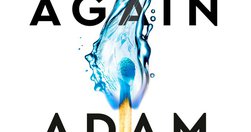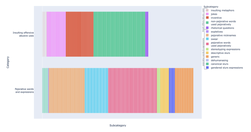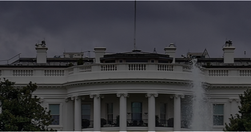Relevant Overviews
- Communication Strategy
- Content Strategy
- Online Strategy
- Online Community Management
- Social Media Strategy
- Content Creation & Marketing
- Digital Transformation
- Fediverse
- Innovation Strategy
- Surveillance Capitalism, Social media and Polarisation (Overview)
- Disinformation in the US 2020 elections
- Communications Tactics
- Psychology
- Social Web
- Media
- Politics
- Communications Strategy
- Science&Technology

A YANSS interview with Adam Grant, author of Think Again: The Power of Knowing What you Don’t Know. Generally an "extensive exploration of how to rethink your own thinking", including his WorkLife podcast interview of Margaret Atwood on procrastination.(When annotating a podcast I really like a transcript, but there was none for this epi…

CrowdTangle, "running quasi-independently inside Facebook since being acquired in 2016" was broken up because ... "journalists and researchers were using CrowdTangle... to analyze Facebook ... dig up information considered unhelpful" by Alex Schultz, CMO & VP of analytics. His "Team Selective Disclosure won" - sh…

German researchers studying "computational linguistics, hateful and oppressive speech and how social media exacerbates it studied ... five years of discussion between [Trump] supporters on Telegram, tracking how participants “gradually went from discussing governmental overthrow as a theoretical possibility to planning the January 6, 2021 Cap…

Didn't know: "Prominent conservative donor Rebekah Mercer is among the company’s financial backers"Interesting point: one of the main reasons many are on FB/Twitter is to troll other people - will it be harder to get people to come back to an app where everyone agrees with them?

Fleeting Note (FN): the creation of Fediverse-based alternatives might suddenly become an urgency.
Summary of peer-reviewed research - “Understanding Echo Chambers and Filter Bubbles: The Impact of Social Media on Diversification and Partisan Shifts in News Consumption” - by its authors, who found:more time spent on Facebook, the more polarized their online news consumption becomes...Facebook usage is five times more polarizing for conservative…

The Biden-Pence debate illustrated "how far apart Americans overall have become in their interpretation of the pandemic ... rejecting reality for their own preferred set of facts".Republicans dont believe the US has done that badly and think the issue is overblown. Perhaps unsurprisingly, "94% of Democrats always or very often wore …

echo chambers and epistemic bubbles... systematically exclude sources of information... exaggerate their members’ confidence in their beliefs... work in entirely different ways... epistemic bubble is when you don’t hear people from the other side. An echo chamber is what happens when you don’t trust people from the other side...‘epistemic bubble’ …
The lack of specialists in EU-oriented blogs is impeding the development of the European online public space.
Relevant Overviews
- Communication Strategy
- Content Strategy
- Online Strategy
- Online Community Management
- Social Media Strategy
- Content Creation & Marketing
- Digital Transformation
- Fediverse
- Innovation Strategy
- Surveillance Capitalism, Social media and Polarisation (Overview)
- Disinformation in the US 2020 elections
- Communications Tactics
- Psychology
- Social Web
- Media
- Politics
- Communications Strategy
- Science&Technology